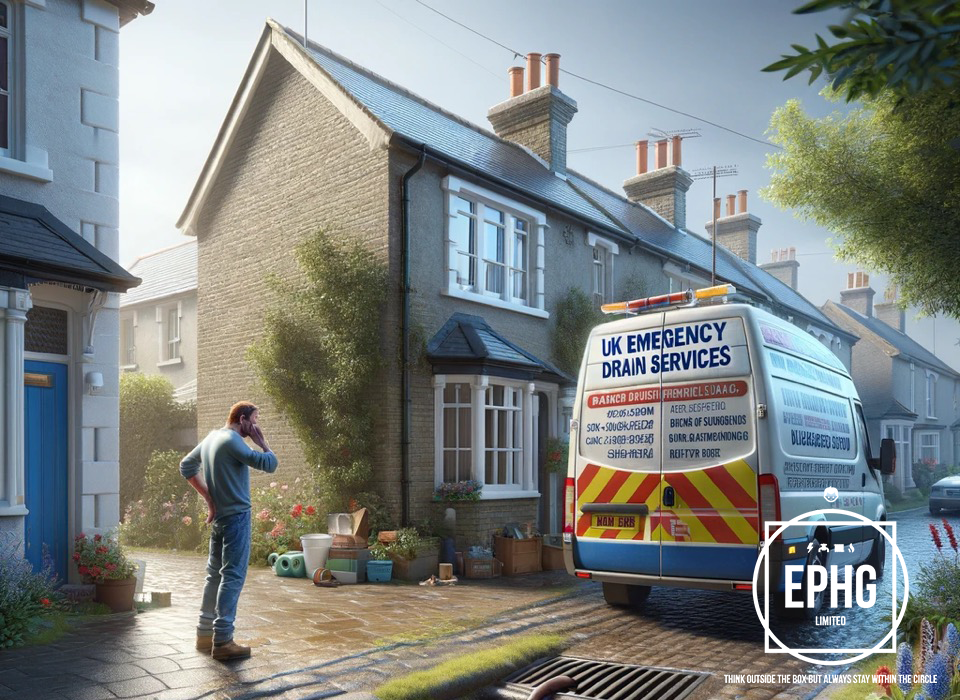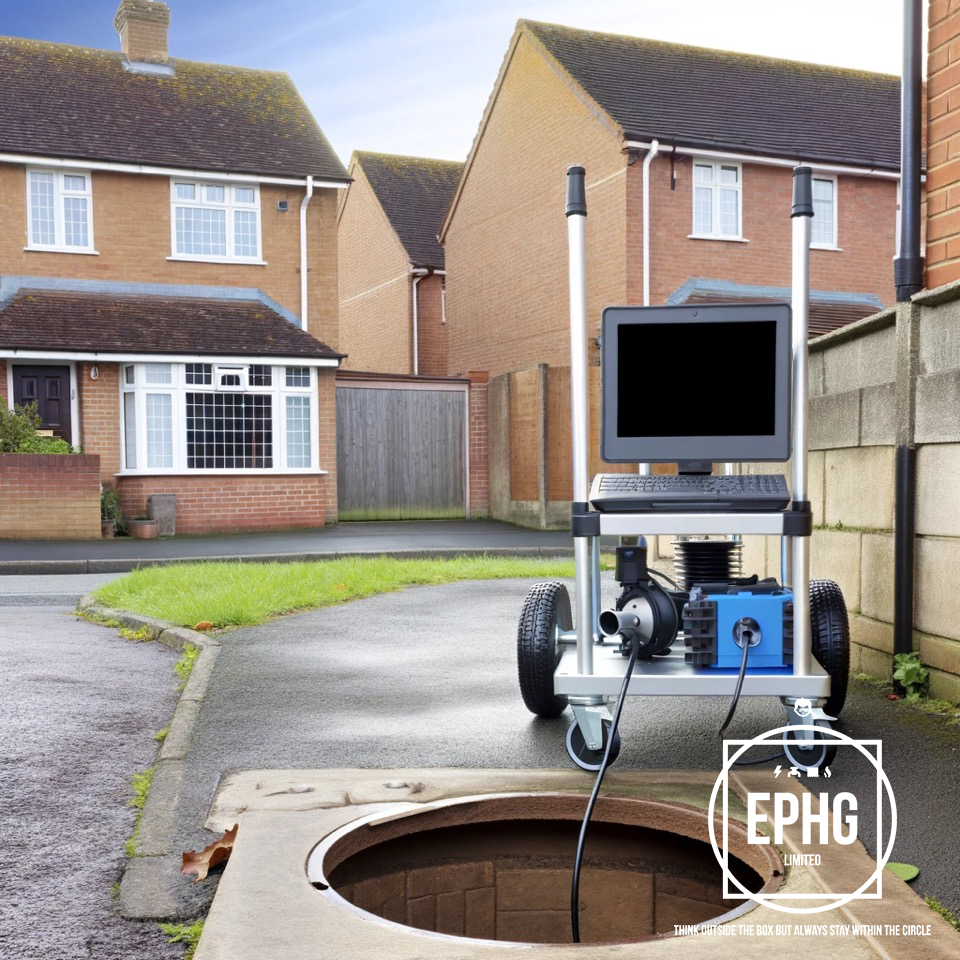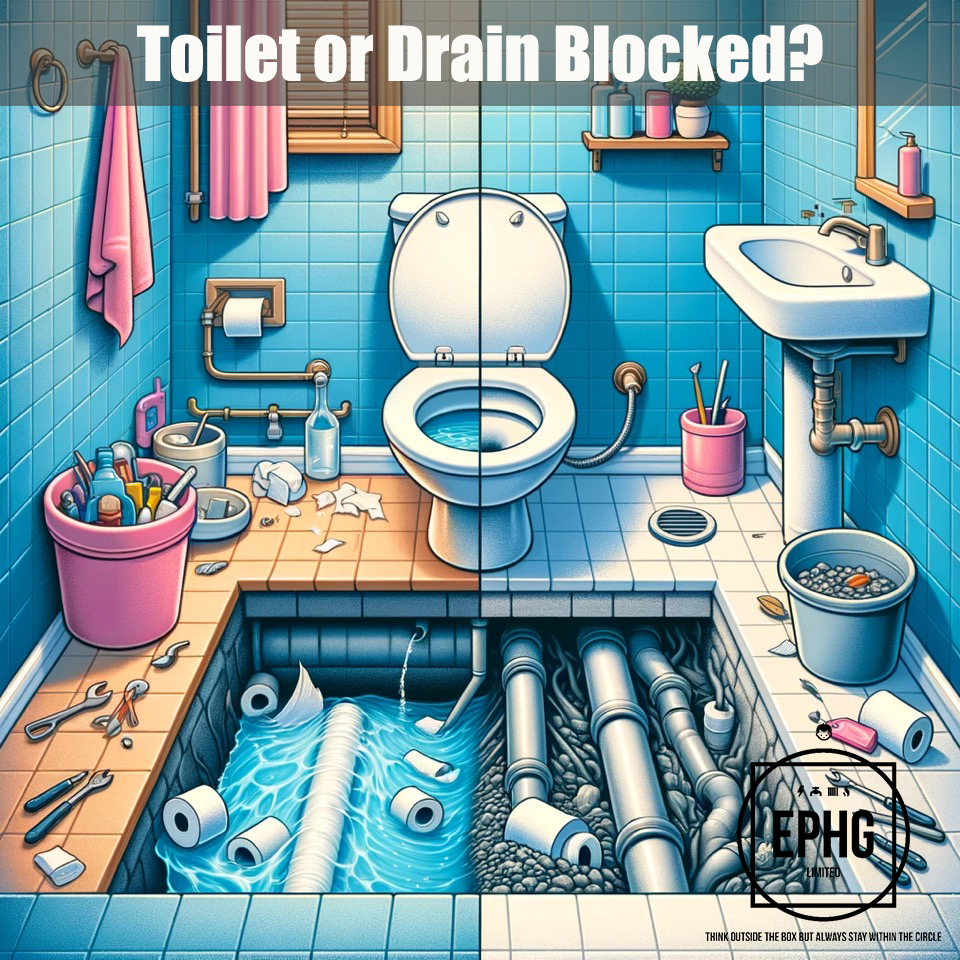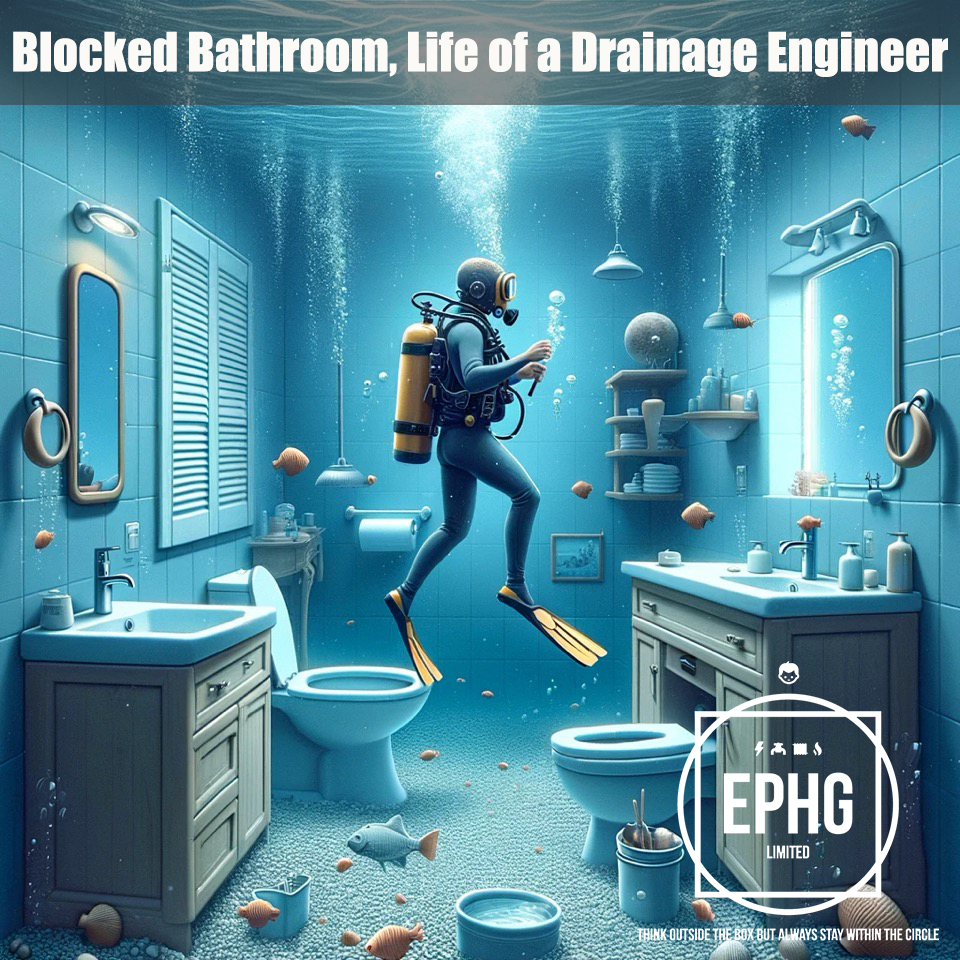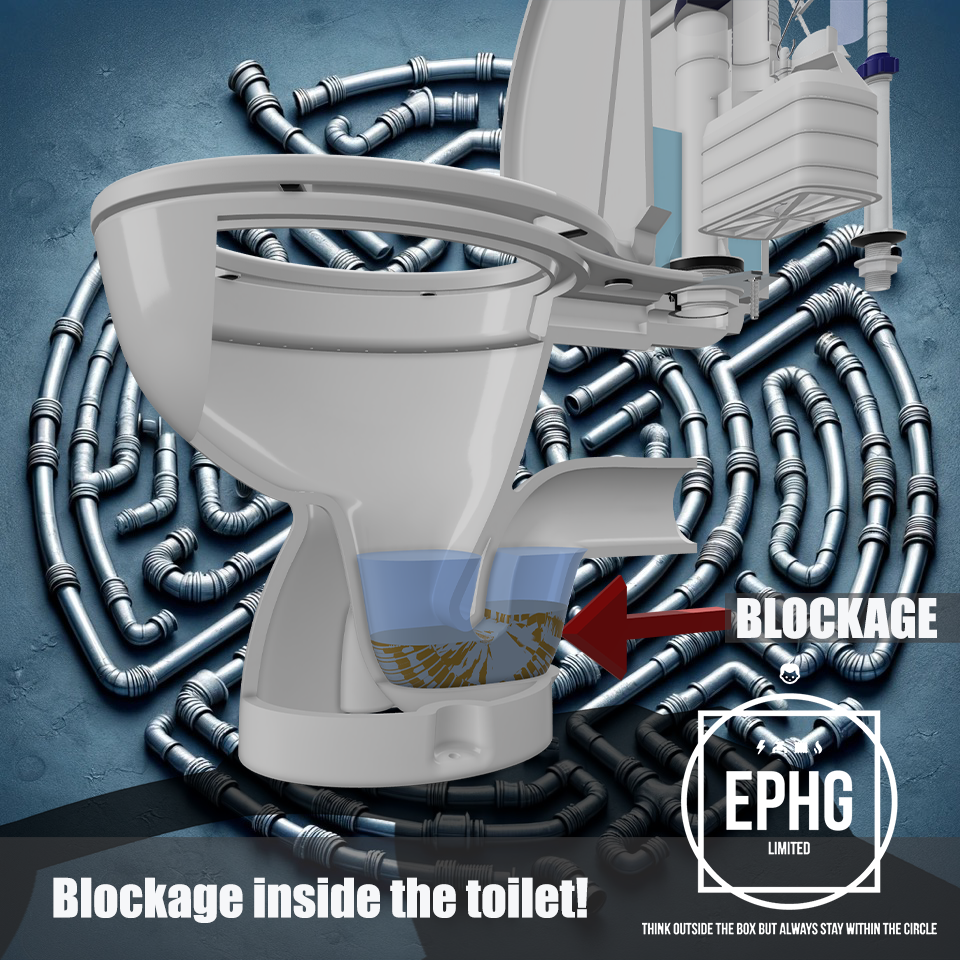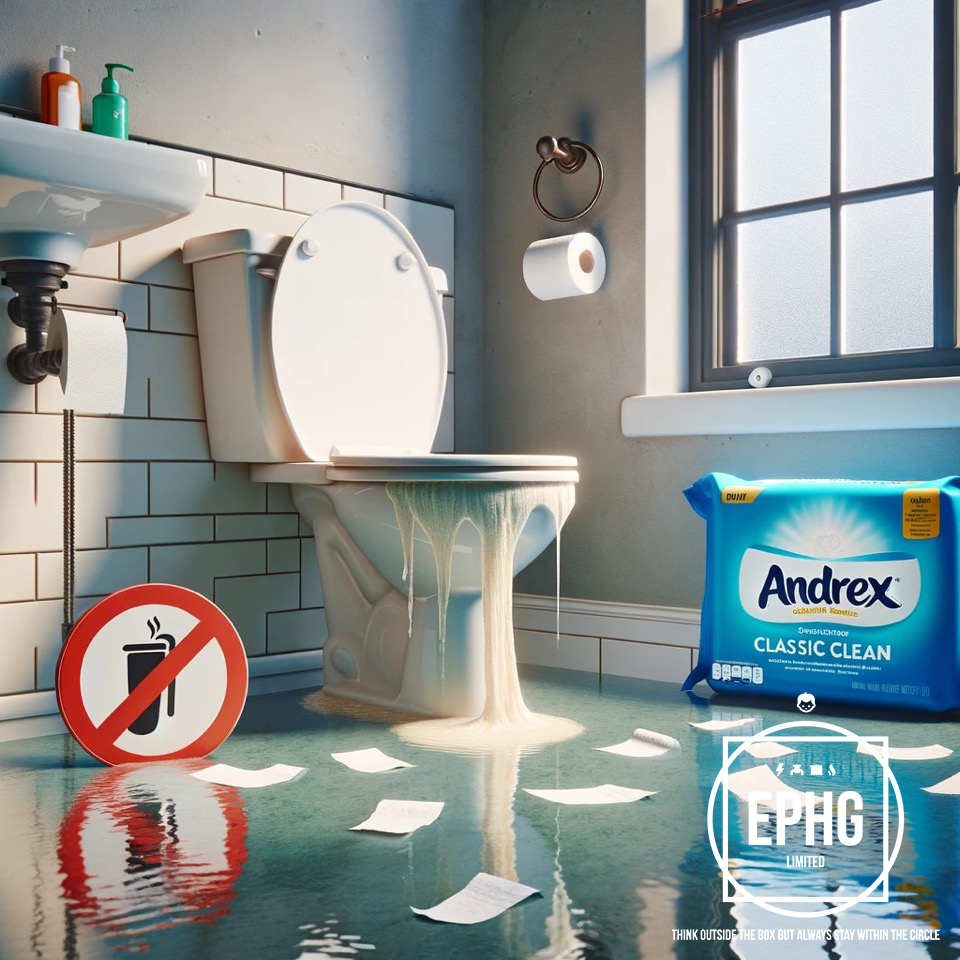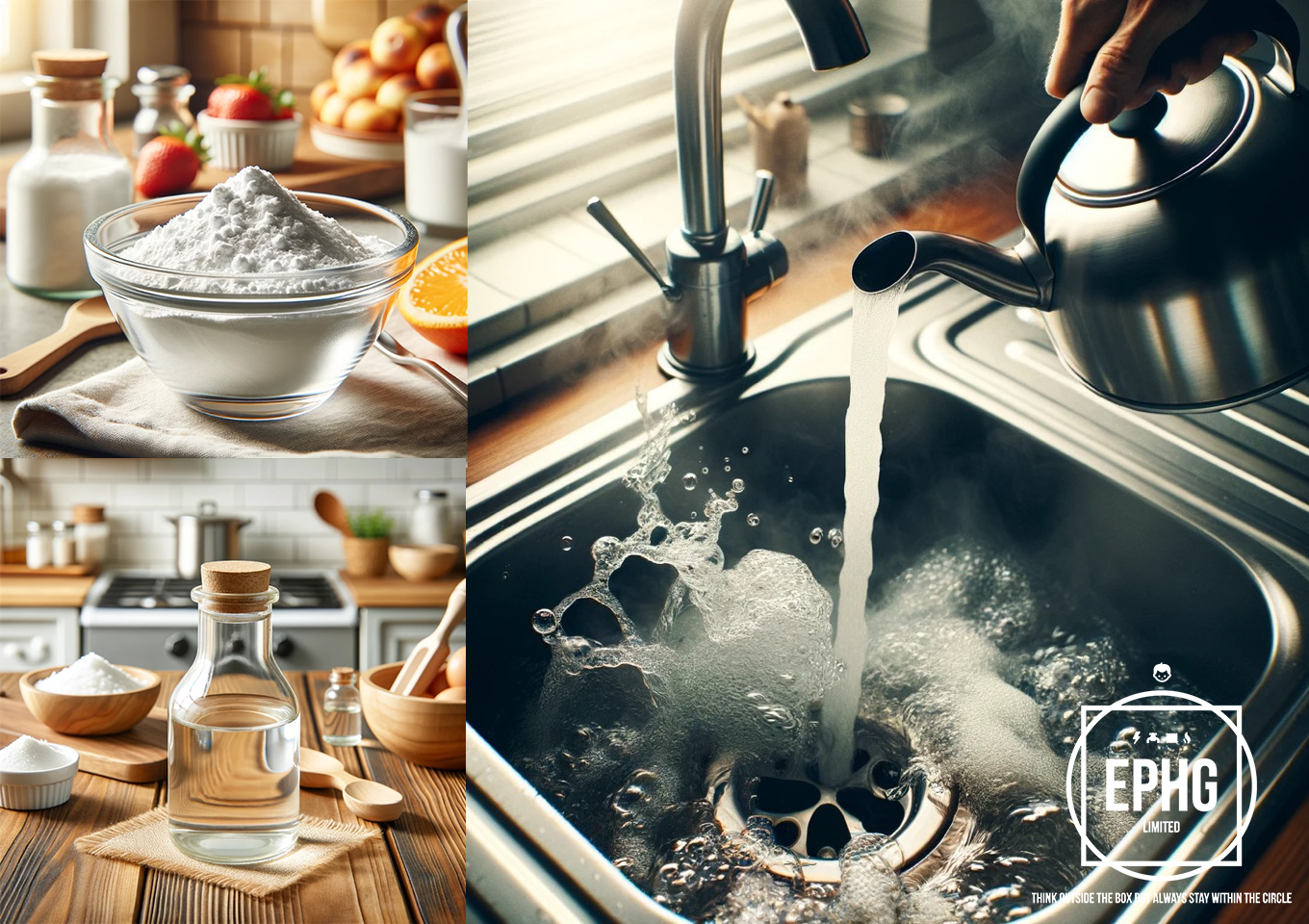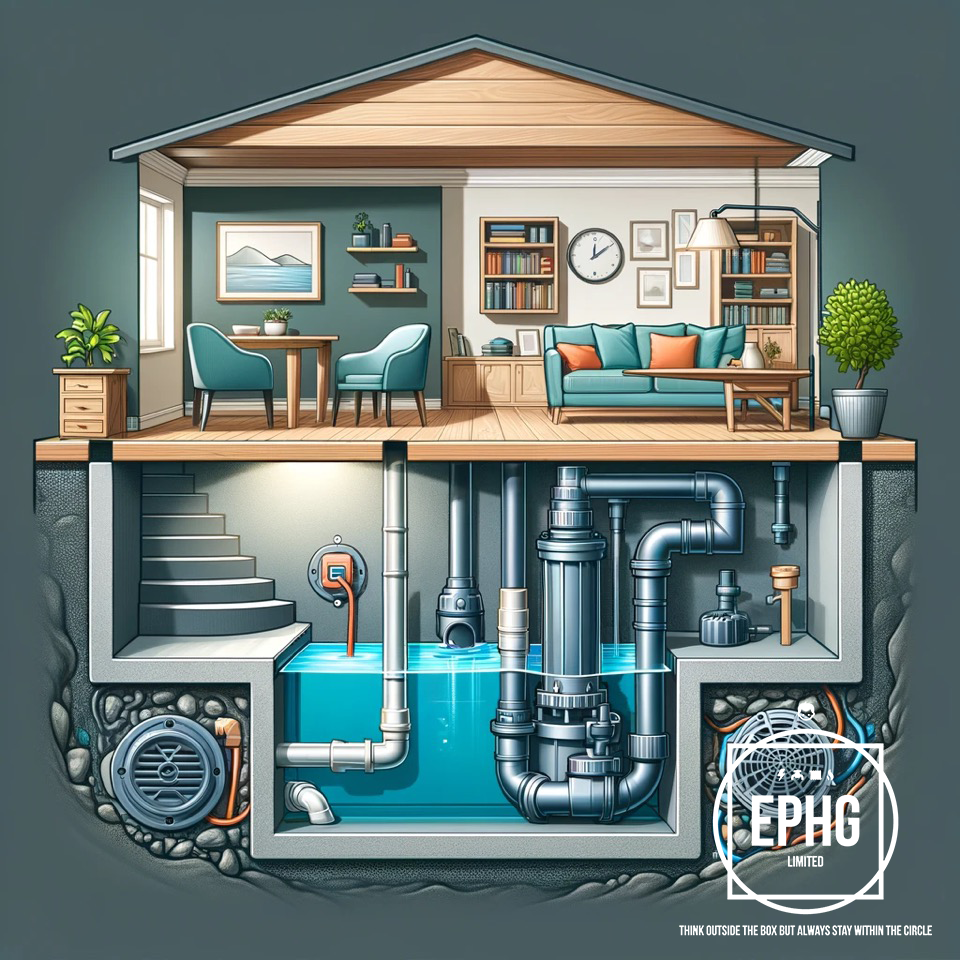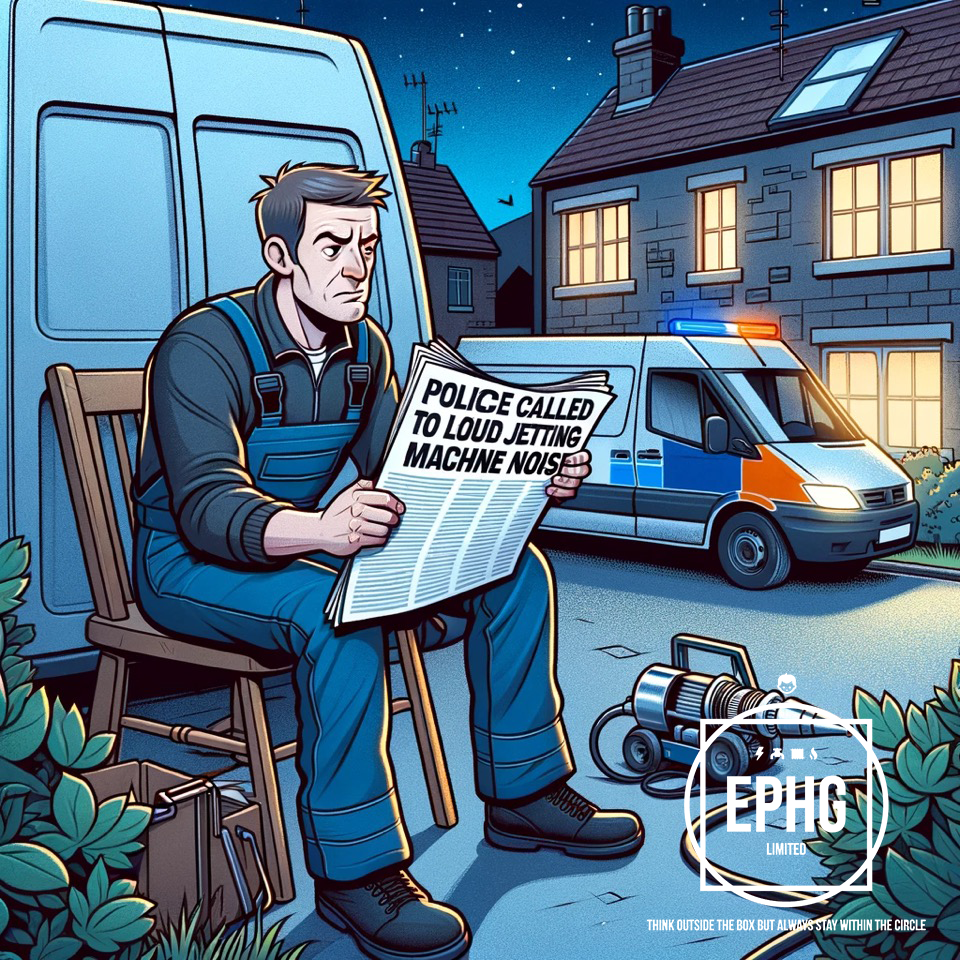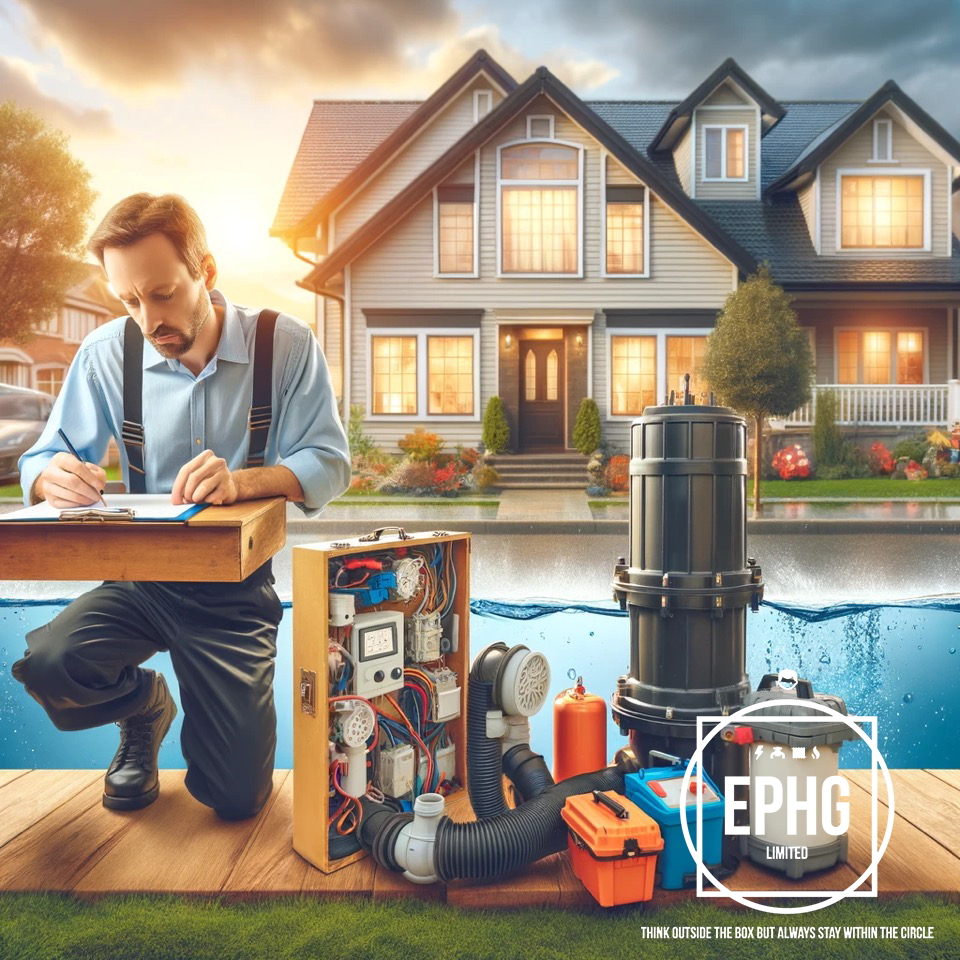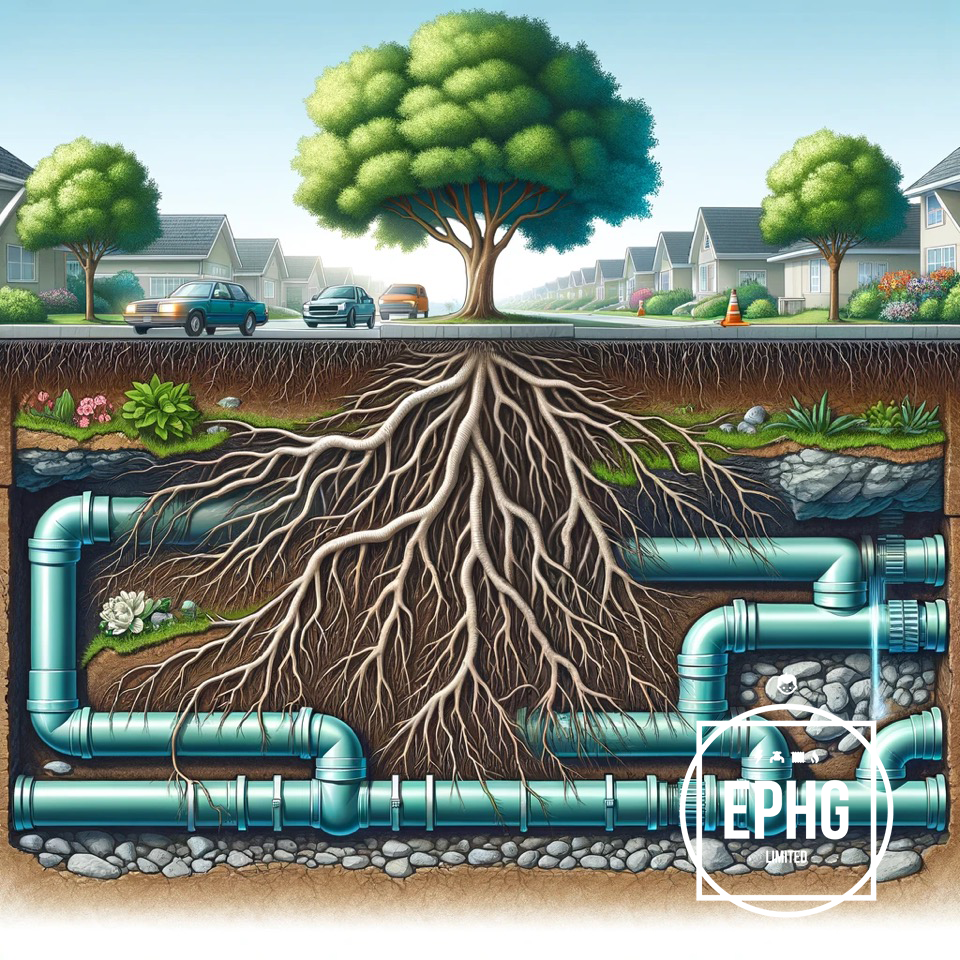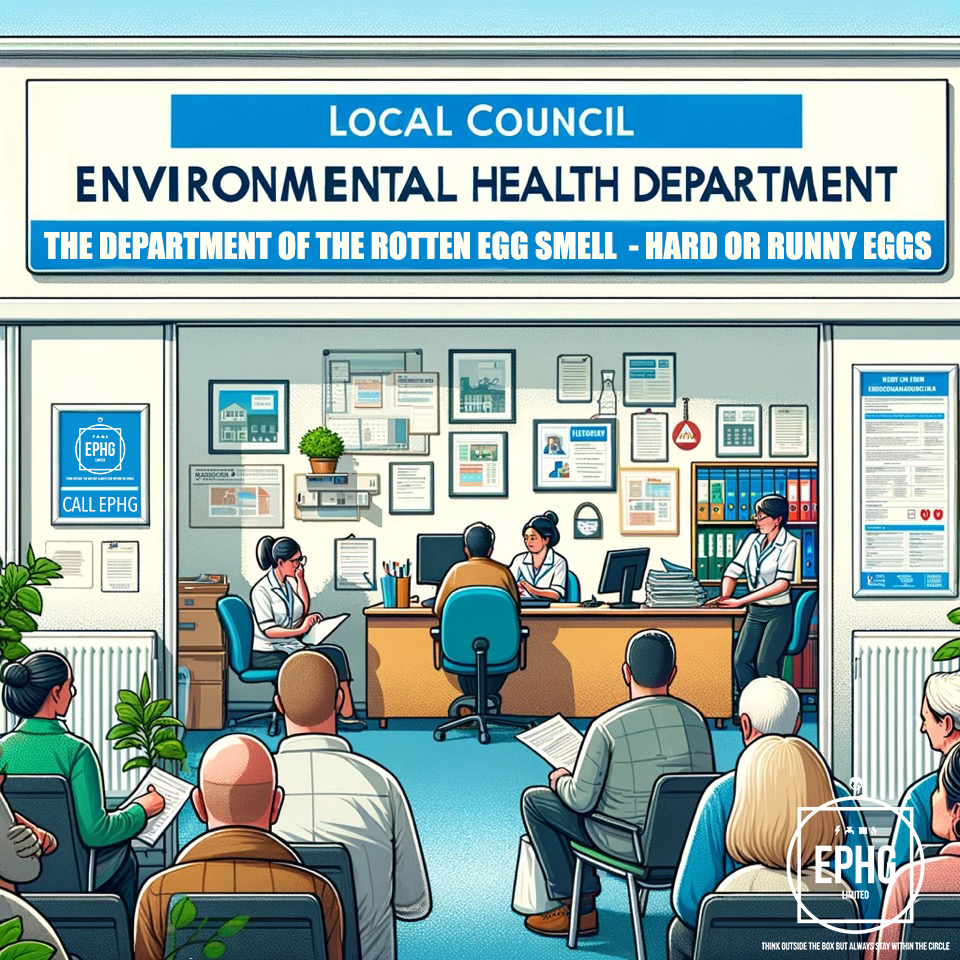

Could The Rotten Egg Smell From My Drains Be Damaging To My Health? UK Tenant's Guide
Encountering a persistent rotten egg smell emanating from your drains is not only unpleasant but can also signal serious plumbing issues that may impact your health and living conditions. This article addresses the potential health risks associated with this odor, the responsibilities of landlords in the UK, and steps you can take if issues are not resolved.
Health Risks of Rotten Egg Smells from Drains in the UK
The rotten egg smell typically arises from hydrogen sulfide gas, produced by decaying organic matter and specific bacteria in sewage or blocked drains. Even at low concentrations, hydrogen sulfide gas can cause eye, nose, throat, and respiratory irritation. In enclosed, poorly ventilated areas, long-term exposure might lead to more severe health problems.
Moreover, this smell can be indicative of a blockage or issue within your plumbing system, leading to potential sewer backflows, which are hazardous as they can bring harmful bacteria and pathogens into your living space. It can also be causes by the drain being open or venting via a hole or a gap.
Understanding UK Tenant Rights and Landlord Responsibilities
In the UK, tenants have the right to a safe and habitable living environment, which includes functioning plumbing and sewage systems. Landlords are responsible for most repairs, including issues with the structure and exterior of the building, heating and hot water systems, basins, sinks, baths, and other sanitary fittings including pipes and drains.
Should you notice a persistent rotten egg smell, inform your landlord immediately, preferably in writing as to keep a record and evidence of contact. UK landlords are legally required to address serious issues within a reasonable timeframe — typically 24 to 48 hours for urgent problems.
What if the Landlord Won't Rectify the Problem in the UK?
If your landlord is unresponsive or refuses to address the issue, you have several avenues for recourse:
- Repair and Deduct: UK tenants may be able to arrange repairs themselves and deduct the cost from their rent. However, specific conditions must be met, and this approach should be considered carefully and typically as a last resort.
- Local Council: Contact your local council's environmental health department. They can inspect your home for health hazards under the Housing Health and Safety Rating System (HHSRS) and take action against the landlord if necessary.
- Legal Advice: If the situation is dire, seeking legal advice from an organisation like Citizens Advice or a solicitor specializing in tenant rights might be warranted.
Emergency Plumber or Drainage Engineer: What's Right for Your UK Property?
Determining whether you need an emergency plumber or a emergency drainage engineer depends on the issue's specifics:
- Emergency Plumber: Best for internal plumbing problems, such as blocked pipes or issues with water supply.
- Drainage Engineer: Needed for external sewage problems or issues with the property's main drainage system.
Typically, in the UK, your landlord should arrange for these services if they are responsible for the repairs. Ensure you communicate the problem clearly and allow them the chance to rectify the situation before taking further steps.
Conclusion
If you're experiencing a rotten egg smell emanating from your drains in the UK, don't ignore it. This could be a sign of significant plumbing issues that might pose health risks. Report the problem to your landlord immediately and ensure they take timely action. If they fail to address the issue, know your rights and consider all available recourse, including contacting the local council or seeking legal advice. Remember, as a tenant, you are entitled to a safe and healthy living environment.


